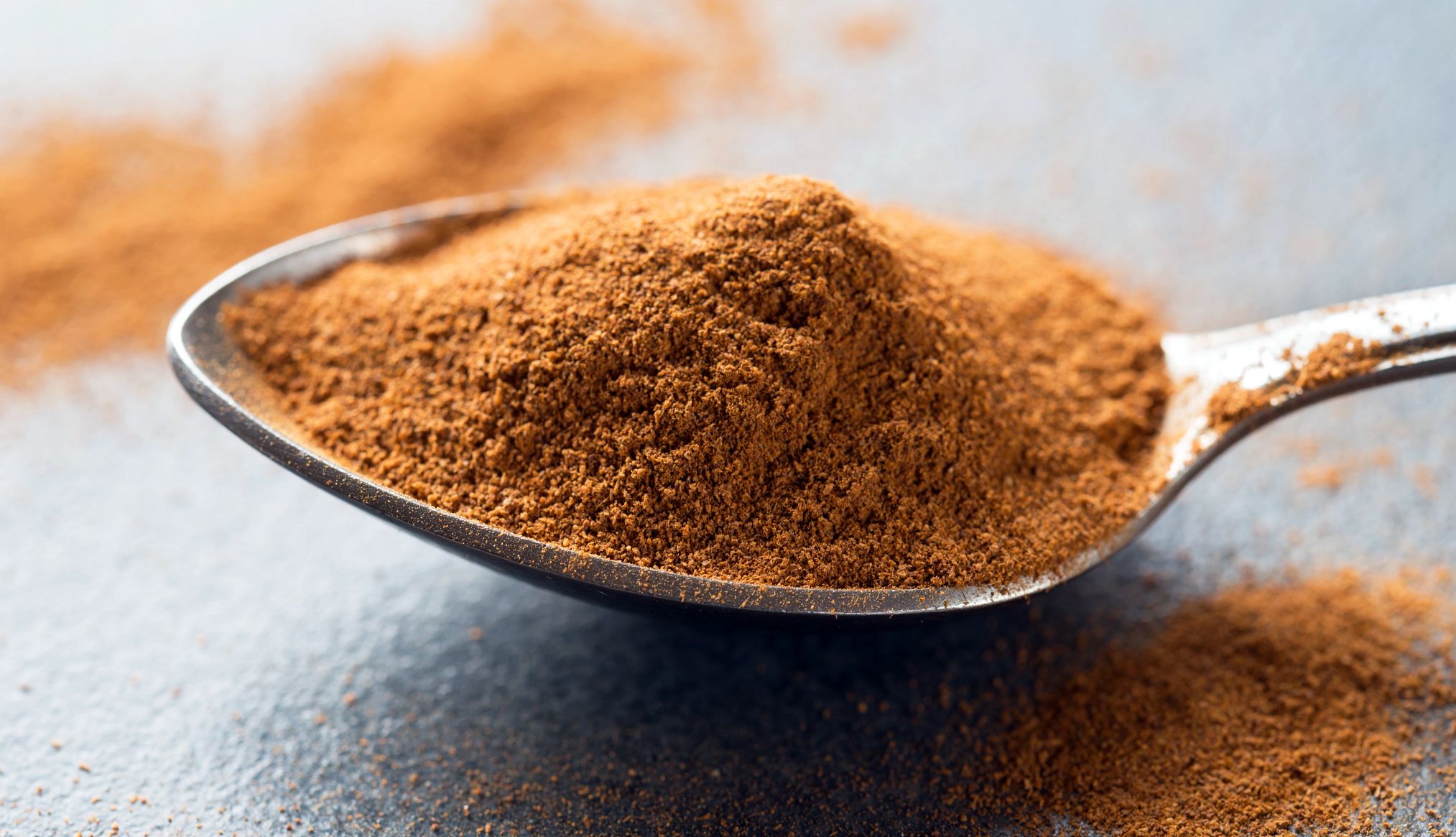AARP Hearing Center


This article used AI tools to compile recall data. An AARP editor reviewed and refined the content for accuracy and clarity.
A public health alert for ground cinnamon has been expanded after testing found elevated lead levels in 16 brands sold in the U.S. The alert, which has been updated multiple times since 2024, advises consumers to throw away and avoid purchasing the affected products, according to the Food and Drug Administration.
State sampling programs and FDA testing found that several ground cinnamon products contained lead concentrations ranging from about 2.03 to 7.68 parts per million (ppm). Although the FDA states that “there is no known safe level of exposure to lead,” the agency’s limit for bottled water is 5 parts ppm. By comparison, the Environmental Protection Agency allows up to 15 ppm of lead in public drinking water.
Although no illnesses have been reported so far, the FDA says prolonged exposure to elevated lead levels “may be unsafe,” and the agency continues to evaluate product safety.
Which ground cinnamon products have been recalled?
The affected products were distributed through various retailers in Arkansas, California, Connecticut, Florida, Maryland, Michigan, Minnesota, Missouri, New Jersey, New York, Ohio, Oklahoma and Virginia..
Consumers should review the list below carefully and discard any affected items:
Roshni Ground Cinnamon (2.268 ppm)
- Sold by: Not specified
HAETAE Ground Cinnamon (4.60 ppm)
- Sold by: Not specified
Durra Ground Cinnamon (2.44 ppm)
- Sold by: Retailer not specified but distributed to grocery stores in California and Michigan
Wise Wife Ground Cinnamon (2.49 ppm)
- Sold by: Retailer not specified, distributed to retailers in New Jersey, New York, Florida, Maryland, Minnesota, Oklahoma and Ohio
Jiva Organics Ground Cinnamon (2.29 ppm)
- Sold by: TAJ Supermarket
Super Brand Cinnamon Powder (6.60–7.68 ppm)
- Sold by: Asian Supermarket, Little Rock, Arkansas
Asli Cinnamon Powder (2.32 ppm)
- Sold by: A&Y Global Market, Columbia, Missouri
El Chilar Ground Cinnamon (3.75–7.01 ppm)
- Sold by: El Torito Market
Marcum Ground Cinnamon (2.14–2.22 ppm)
- Sold by: Save A Lot




































































More From AARP
Product Recalls and Consumer Safety
The latest alerts impacting your health and homeDining Out? Tips to Stay Safe
Expert advice to minimize risk of foodborne illness
28 Tips for Avoiding Food-Borne Illness
Protect yourself with AARP's guide to food safety